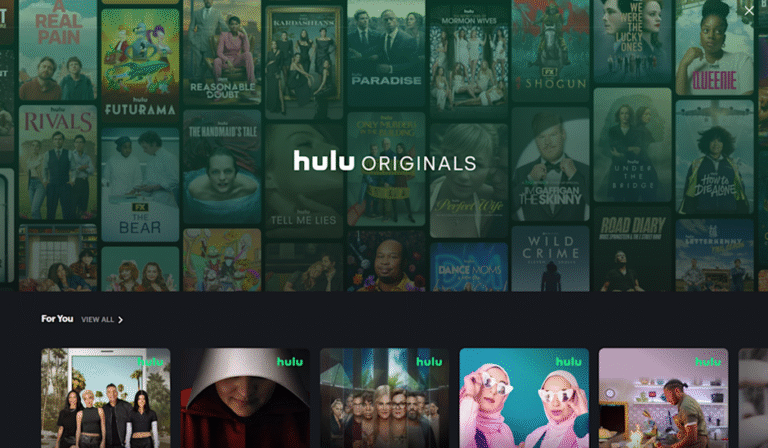Are you stressed about paying your bills or managing healthcare costs? Or perhaps you’re watching democracy unravel before your eyes, crumbling like a Nature Valley granola bar?
Well, don’t worry, Utah Senator Mike Lee is here to rescue you from the real threat: your incognito tab. Yes, Lee, along with Republican Rep. Mary Miller, is spearheading the Interstate Obscenity Definition Act, a bill that could criminalize all forms of pornography.

This bill proposes a new national definition of obscenity under the Communications Act of 1934, amending the 1973 Supreme Court’s “Miller Test” for determining obscenity. The proposed content guidelines would categorize material as obscene if it depicts or describes “actual or simulated sexual acts with the intent to arouse, titillate, or gratify sexual desires.”
Aiming for base instincts, but targeting the wrong crowd
At first glance, the bill’s broad language appears to be yet another virtue-signaling culture war initiative, likely destined to stall before ever reaching President Donald Trump’s desk. But then again, we can’t be entirely certain. One of the goals of Project 2025 was, in fact, to permanently criminalize all pornography.
So, if this bill does gain traction, we might see the GOP risk alienating one of its recently secured voter bases: chronically online young men. Since the 2024 election, much has been written about how young men are shifting rightward politically. The term “manosphere” may even be up for a place in the dictionary this year, as this group becomes increasingly active in online political discourse. These men helped elect Trump and are deeply enmeshed in political discussions across platforms. They are also frequent consumers of the very content this bill seeks to restrict.
For years, the modern right-wing movement has carefully cultivated this audience through podcasts, YouTube influencers, “anti-woke” crusades, and appeals to grievance politics. These young men have been repeatedly told that their frustrations—especially with feminism, social progress, and rapid cultural changes—are valid. They’ve been promised that the right will champion their concerns. But with this bill, the GOP is sending a very different message: You, too, are the problem.
The online adult content industry is deeply embedded in the digital lives of many young men. Sites like OnlyFans, PornHub, and other streaming services have become, for better or worse, important outlets for men who feel disconnected from traditional relationships and sidelined by an increasingly digital world. If the government takes away this outlet without offering any viable alternatives, it risks pushing these individuals further into the fringes. This could lead to widespread disillusionment and backlash.
This issue isn’t just about personal habits or individual freedom. It’s about a policy so extreme that it could turn a culture war into a self-inflicted political wound. Banning all pornography raises significant First Amendment concerns, not to mention angering libertarians, moderates, and the online warriors of the “anti-woke” movement.
A distraction from the real issues at hand
This proposed legislation seems less about addressing pressing concerns and more about posturing on moral issues. While there are serious debates to be had about the implications of online content, consent, exploitation, and mental health, criminalizing millions of Americans for consuming adult material in the privacy of their homes isn’t a solution. It’s political theater.
Instead of focusing on the root causes of real issues—such as economic insecurity, mental health, loneliness, and the need for sex education—this bill appears to be a symbolic gesture. It shifts the conversation away from the structural problems that need real attention.
For a party that has long struggled to connect with younger voters, this is a dangerous gamble. The message they send, intentionally or not, could be: “We trust you with guns, but not with Google.”
At the core, the debate isn’t about whether pornography is morally right or wrong. It’s about whether the government should dictate morality in the digital age. If the GOP continues down this path, they may find that the biggest casualty isn’t the adult entertainment industry—it’s part of their own voter base.



